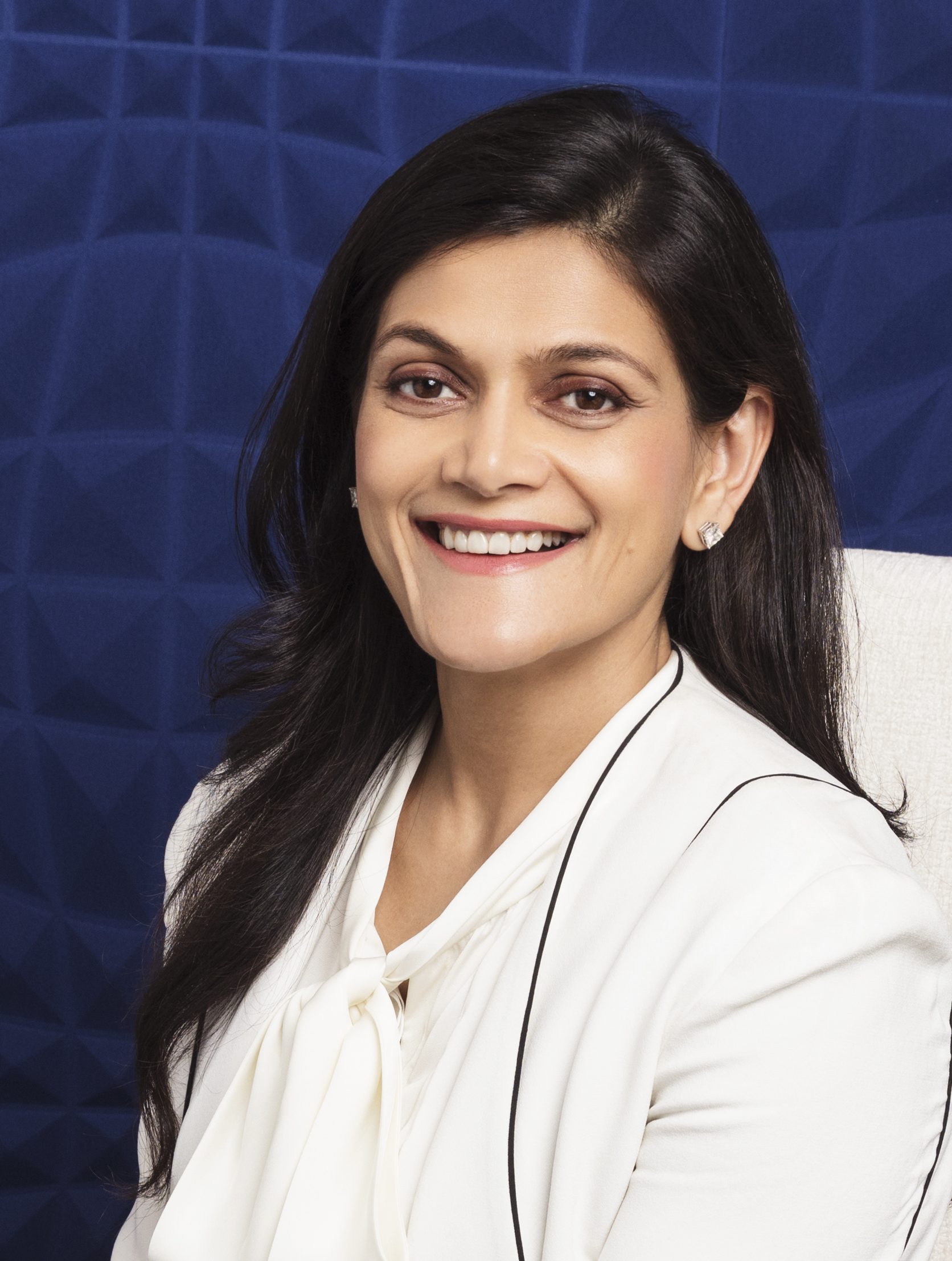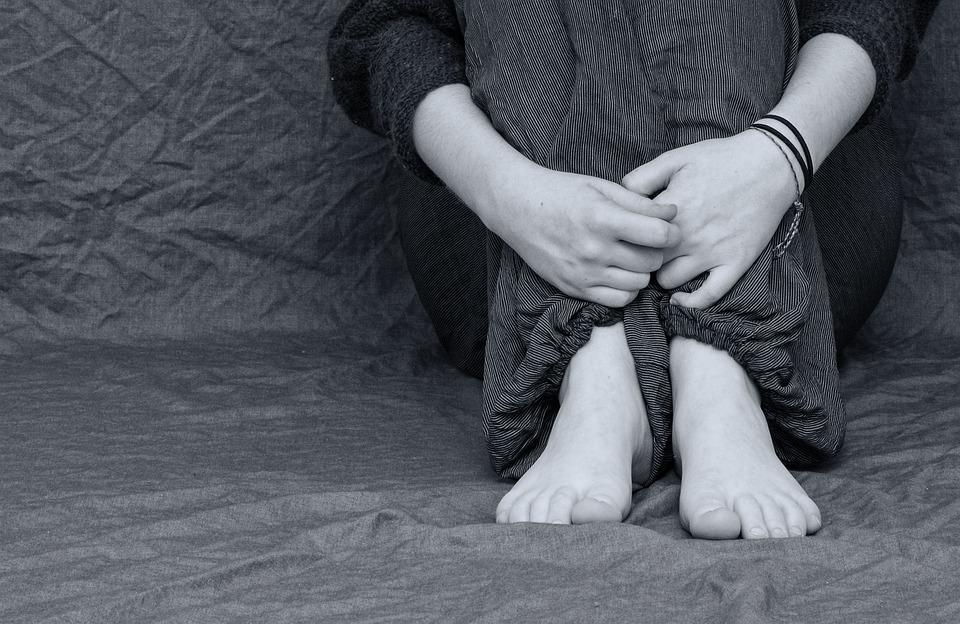On any given day, a person speaks anywhere between 7,000-20,000 words. Between texting, tweeting, DMs, IMs, emojis, video calls and chats, we’re clearly saying a lot, how many of us honestly say things that we really feel, and how many times do we truly listen to what someone is saying? We live in an age where we have the technology to converse with anyone, anywhere, virtually for free, but the art of conversation or communicating is dying.
Many mental health concerns such as depression, anxiety and addictions, to name a few thrive on loneliness, and it’s a vicious cycle. Human closeness is very important for our well-being and the lack of it can make things worse for someone with mental health concerns. This lack of emotional support can cause mental health concerns to aggravate, which in turn makes it harder to speak to and share your feelings.
Anyone dealing with a mental health concern will tell you how difficult it is to open-up and be able to talk to someone about it. Apart from the fear of being judged by friends, family or co-workers, and the overall social stigma around mental health in India, people often hesitate to talk about it simply because they feel that no one will listen and/or that no one cares.
When it comes to mental health, listening is helping. Learning to really listen to what people say can help you identify signs on early onset of mental health concerns. It can also make a world of difference to how someone feels.
Being an active listener
Active listening is when you have your full focus on what someone is saying, while making a conscious effort to hear not only the words being said but more importantly, the complete message being communicated through non-verbal aspects of communication as well.
Instead of trying to solve the situation, it helps keep the focus on talking about and understanding the nuances of what the speaker feels. For a person experiencing a mental health concern, to know that someone will just listen, understand and empathise, can be very calming, reassuring and even healing.
Pick up on verbal cues
Sometimes, you can pick up on cues about potential mental health concerns while listening to someone talk about their thoughts and feelings. For example, if you notice a person being consistently worried or responding disproportionately to daily stressors, it could hint at possible anxiety issues.
People who are overly critically of themselves or have issues with sleep (too much or too little) could be at risk for depression. A drastic change in appetite is a red flag when combined with other signs like sleep issues and anxiety.
While listening, keep an ear out for instances that may indicate rapid shifts in moods, unexplainable drops in productivity, low interest in social activities, or a general feeling of being disconnected from oneself or others. These could all point to less than optimal mental health. Do remember that these are just clues and not a diagnosis, so the best option is to always encourage them to seek the help of a mental healthcare professional.
Together, towards better mental health
Being active listeners who are sensitive to the mental health needs of our friends, colleagues and loved ones is an important step towards creating mind-positive communities. In the long run, we will be able to stamp out the stigma and loneliness that is experienced by those with mental health concerns, and instead we will be able to look out for each other and help each other heal.
If you’re looking to make a difference, do think about joining a Mental Health Frist Aid programme in your city. This is a great way to learn more about how you can be an active listener and be the first line of defence in mental health care for those around you.


